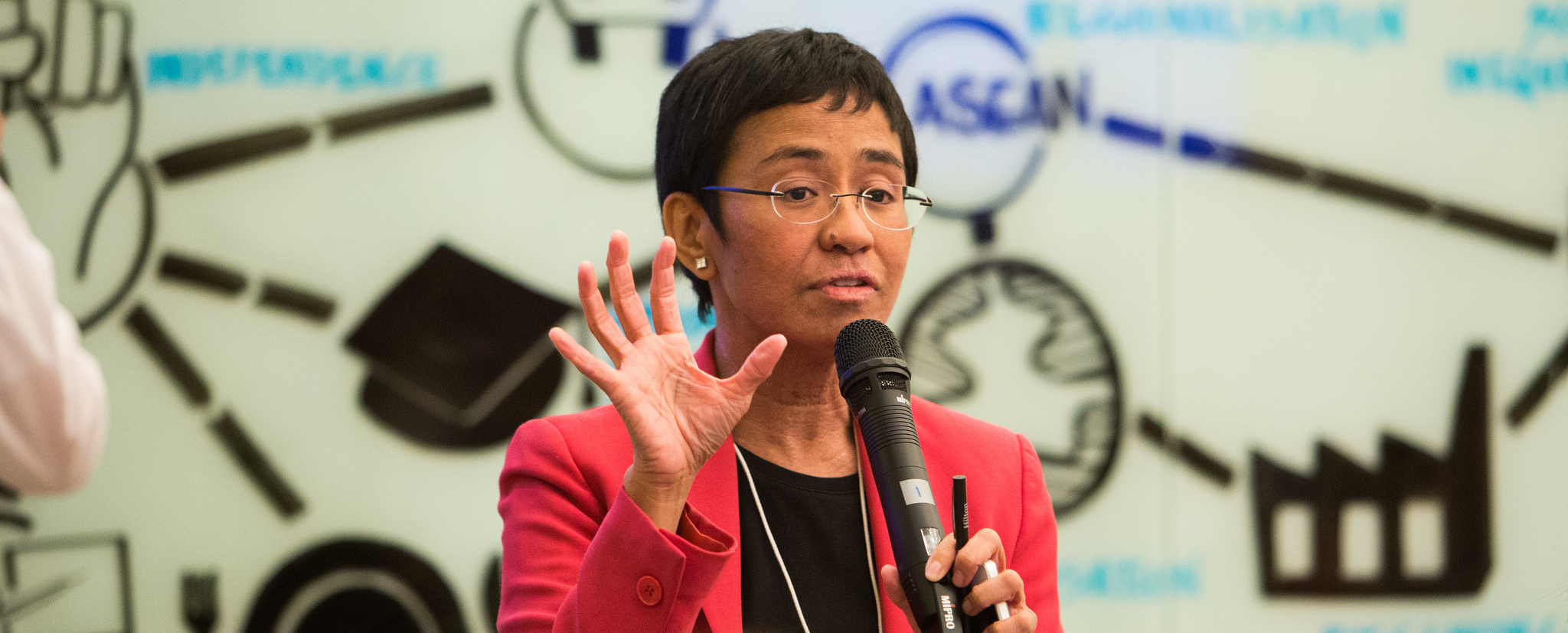Access Now calls on the Philippine government and justice officials to drop the charges brought against Maria Ressa, CEO of independent news outlet Rappler, immediately, and cease any intimidation of the organisation and other journalism groups.
Maria Ressa was arrested on Wednesday, February 13, 2019, for “cyber libel” as defined under the Philippine’s Cybercrime Prevention Act of 2012. The case, relating to a story published in 2012 about Philippine businessman Wilredo Keng, was originally filed five years ago under claims of defamation and was then dropped. It has only recently resurfaced through invoking the Cybercrime Prevention Act and the cyber libel provision, which was enacted four months after the story about Keng was published in Rappler. The National Bureau of Investigation (NBI), which arrested Ressa on Wednesday, is the same agency that had dismissed this case prior.
“Reopening the case for ‘cyber libel’ amounts to manipulation of the law intended to harass both Maria Ressa as well as Rappler at large,” said Raman Chima, Asia Policy Director at Access Now. “Cybercrime provisions must not be deployed to silence journalists and those who perform the vital role of uncovering facts.” This interpretation of the law, together with President Duterte’s many attempts to discredit Rappler as “fake news” and “non-Filipino journalism” suggests that the NBI’s move has more to do with suppressing freedom of expression than implementing the law.
It should further be noted that the Philippine Government has signed and ratified the International Covenant on Civil and Political Rights (ICCPR), and is therefore bound by its provisions, including human rights norms for ensuring freedom of the press and preventing the use of laws to target media groups online and off.
The Cybercrime Prevention Act, 2012, borrows its definition of libel from the amended Revised Penal Code of the Philippines. This code provides a broad and vague standard for libel in the country, without adequate protections provided for journalistic expression or opinions. Philippines must work towards amending such provisions, to bring them in line with their commitments as a signatory to the ICCPR.
[Photo credit: Copyright World Economic Forum (www.weforum.org) Photo by Sikarin Thanachaiary]
